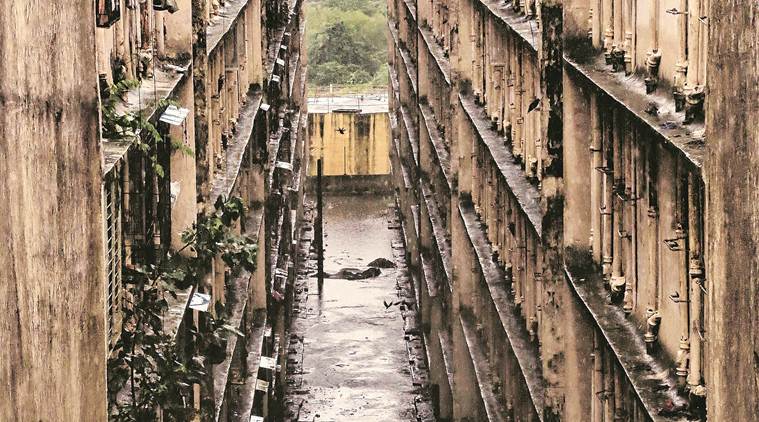
The Bombay High Court Monday directed the Maharashtra government to stop further rehabilitation of Project Affected People (PAP) to Mahul, and asked the state to find alternative settlement for the over 5,500 families living in the industrial belt.
The verdict is being hailed as a victory for hundreds of Mahul residents who have been sitting on an indefinite protest against their deplorable living conditions.
“The court has given 12 weeks to the government to comply with the order. Till an alternative is found, government has to pay Rs 15,000 rent to Mahul families,” said advocate Ronita Bhattacharya, representing the petitioner.
Hugging Mumbai’s eastern front, Mahul used to be a fishing village. In the early 2000s, land was taken over near it to build a housing colony for slumdwellers under the Project Affected People scheme of Slum Rehabilitation Authority, with construction carried out from 2006 to 2010.
The initial idea was to house slumdwellers displaced by the BMC’s upgradation of the storm-water disposal system. But over the next decade, 10,000-15,000 families, roughly 60,000 people, were moved to Mahul as rehabilitation for various projects. Now the cluster of 72 concrete buildings, seven to eight storeys each, holds an estimated 5,500 families, all in 125 sq ft flats.
The region is located amid two oil refineries and 15 chemical factories. The Maharashtra Pollution Control Board (MPCB) requires a buffer zone of minimum 800 metres between an industrial unit and a residential area; here a narrow road stands as a nominal divider. Residents claim that not just the air, the groundwater too is contaminated from the chemicals seeping into it.
Bilal Khan, from NGO Ghar Banao Ghar Bachao andolan, said he is happy with the latest verdict. The NGO had been in talks with the Brihanmumbai Municipal corporation regarding this issue for more than a year. Recently, the NGO had protested against shifting of over 90 families — victims of a wall collapse in Kurar in July — to Mahul.
The current court order will benefit the Kurar families too, who were forced to relocate to Mahul.